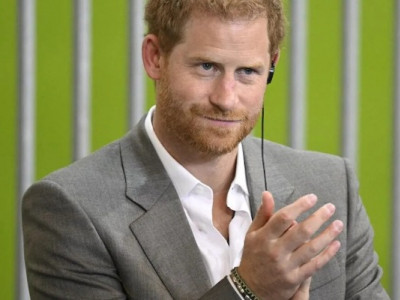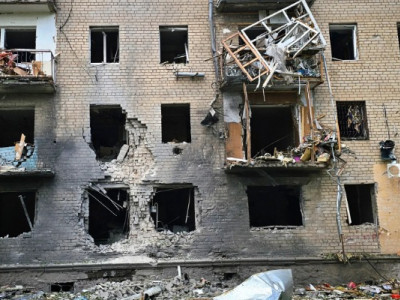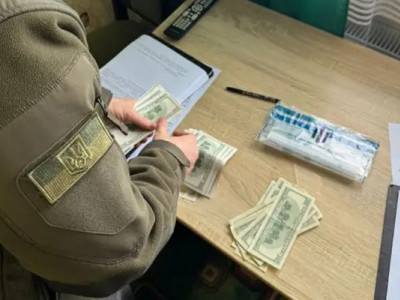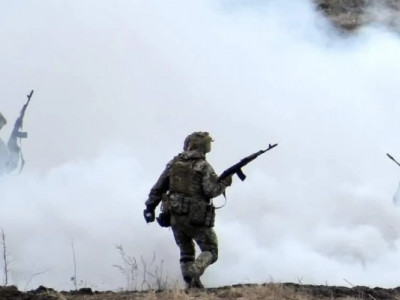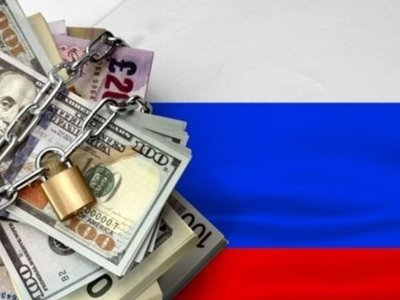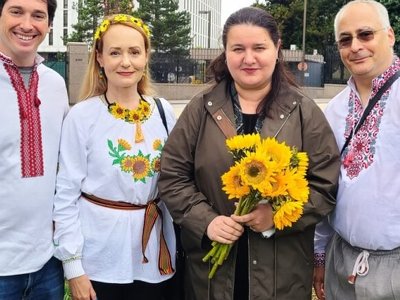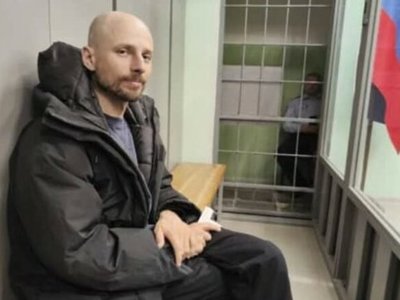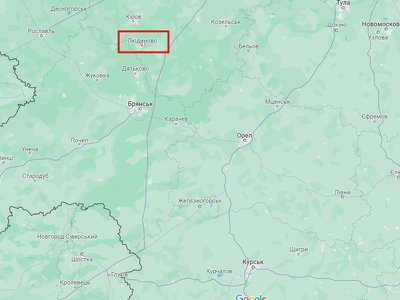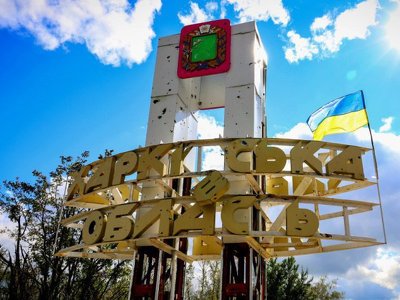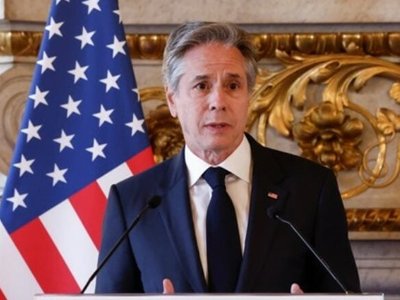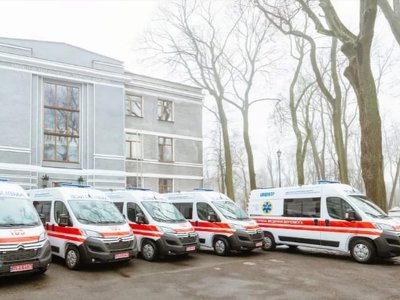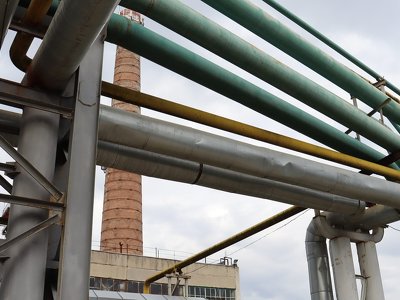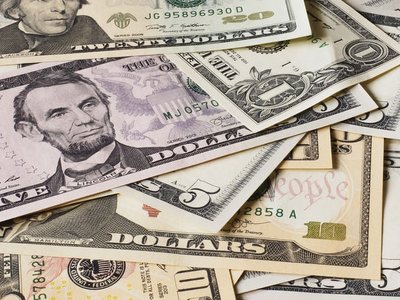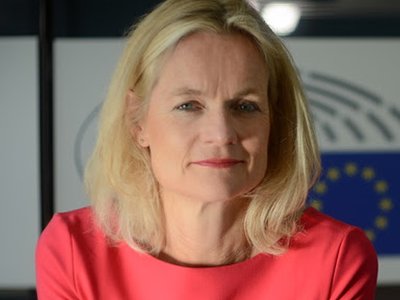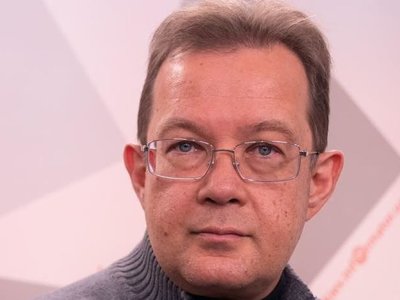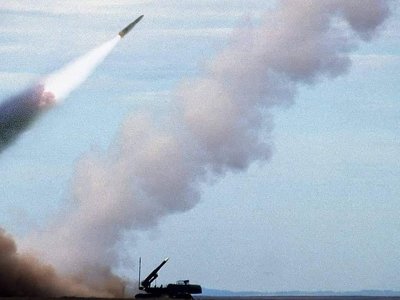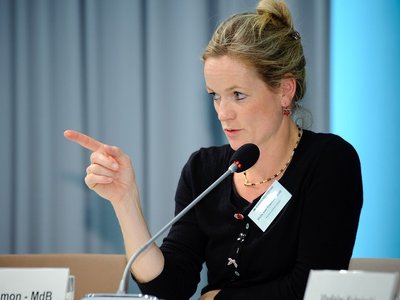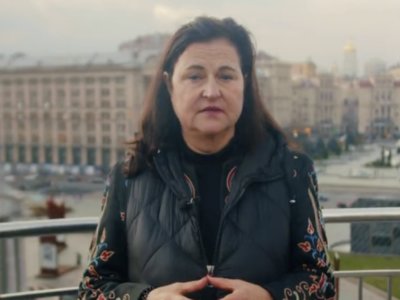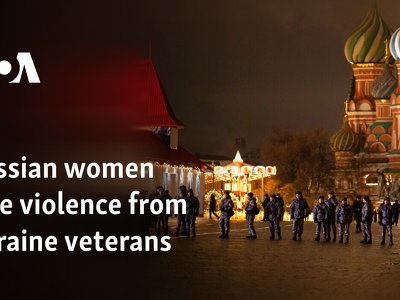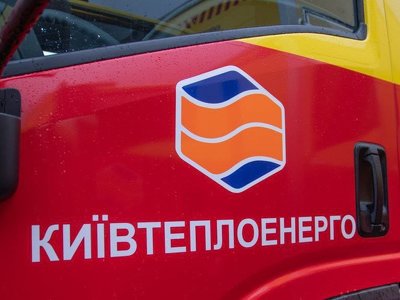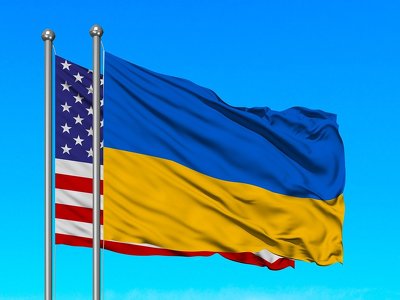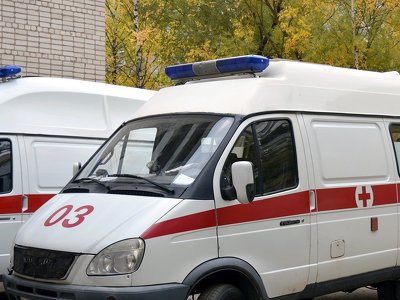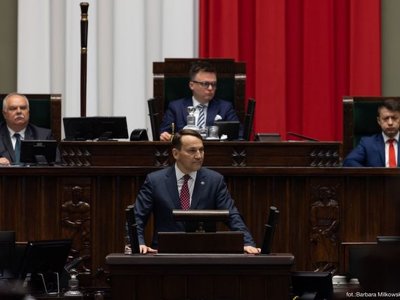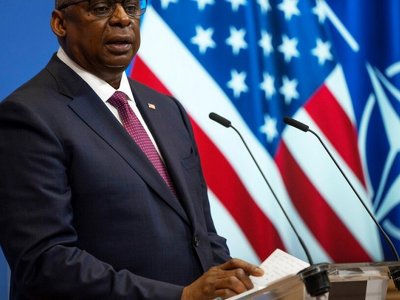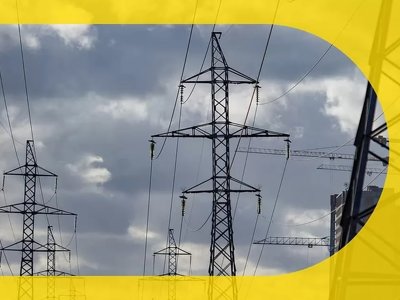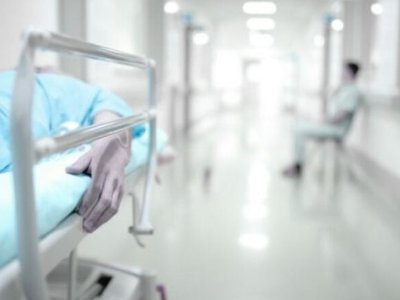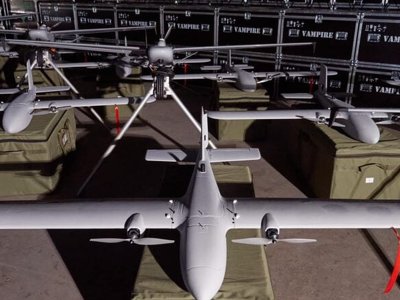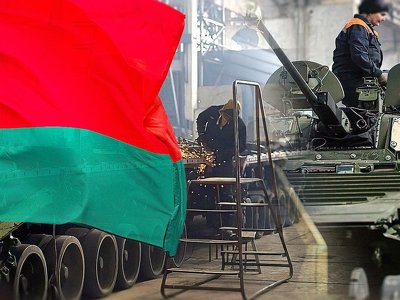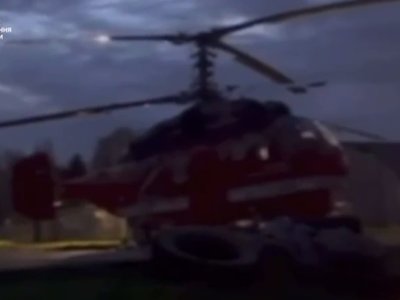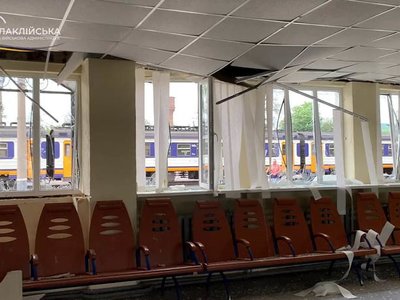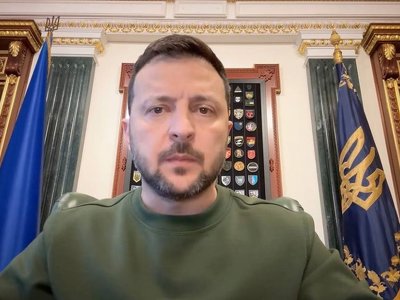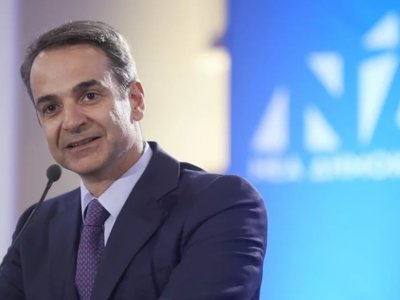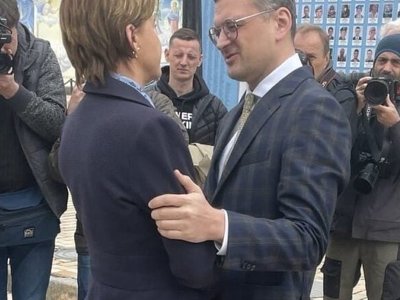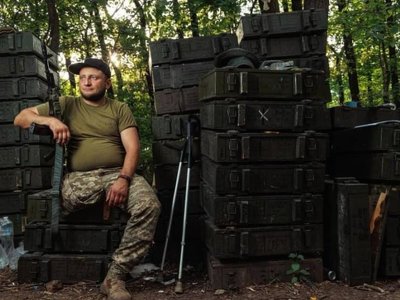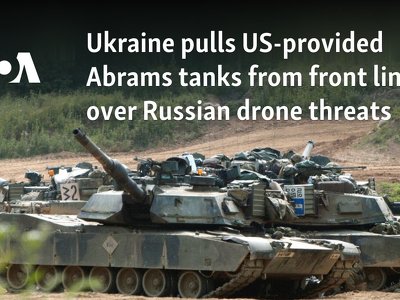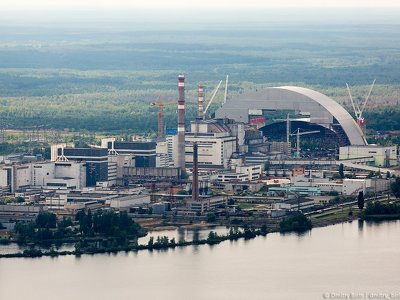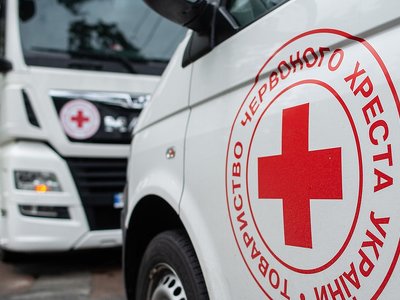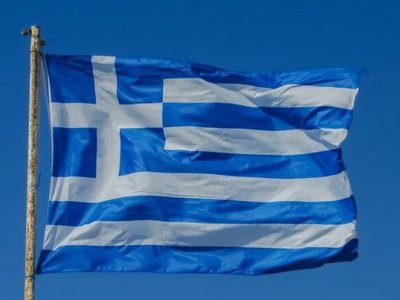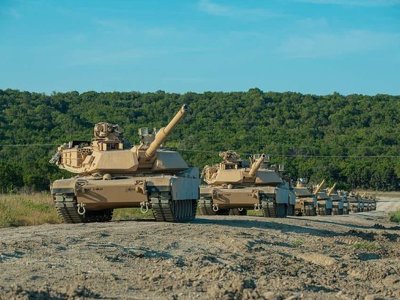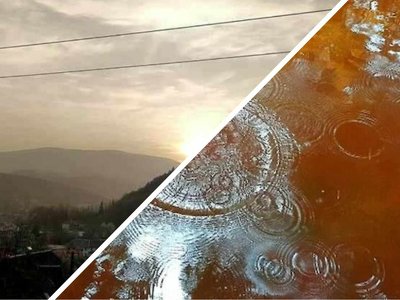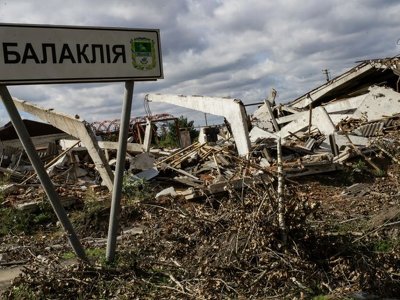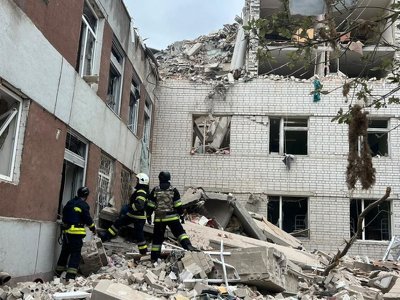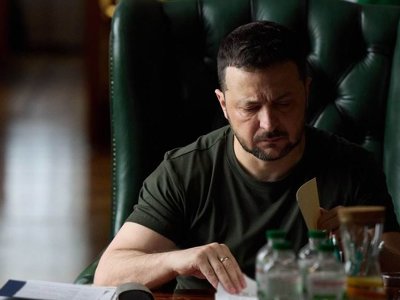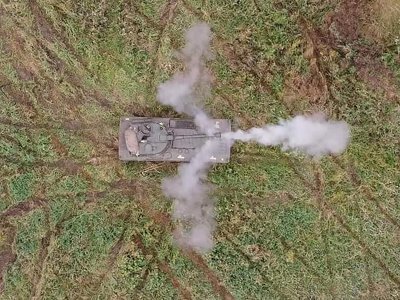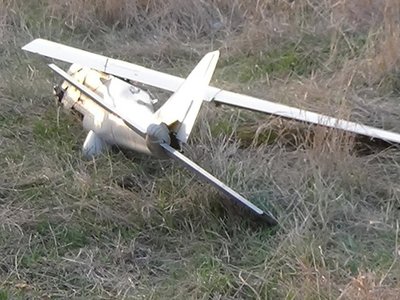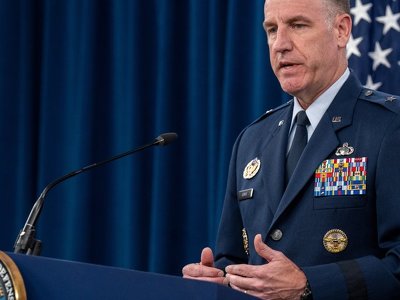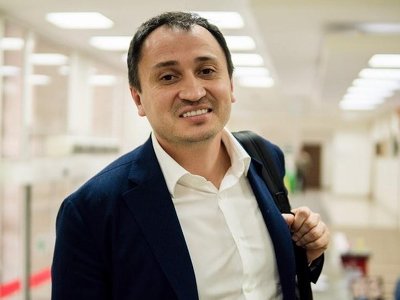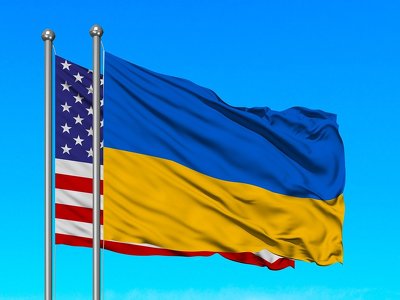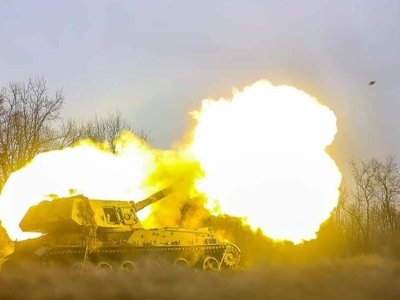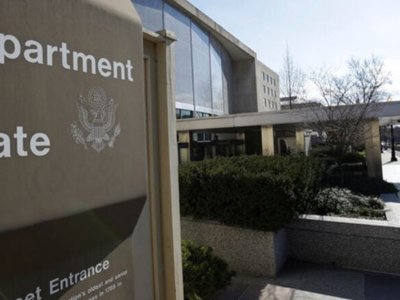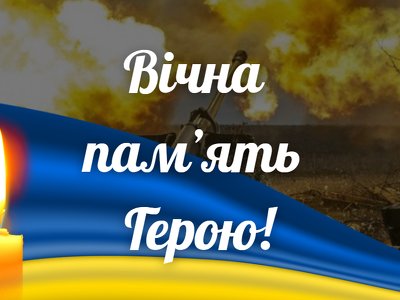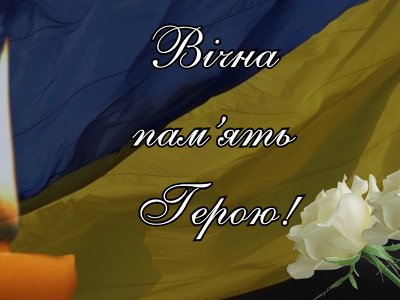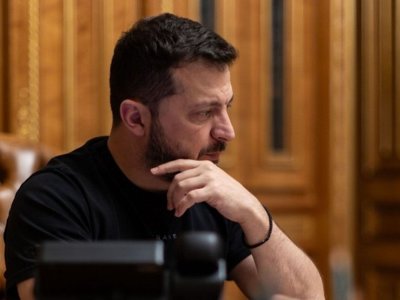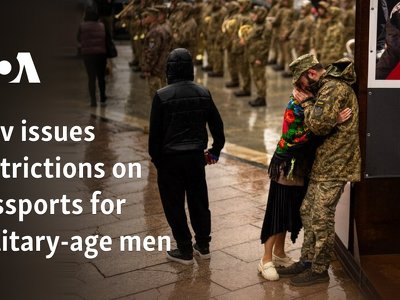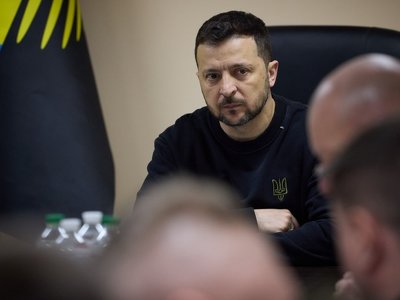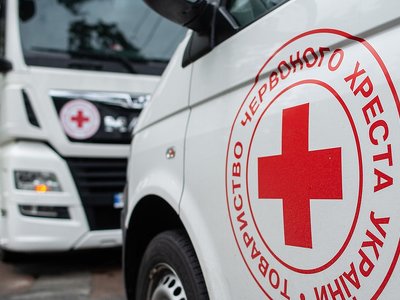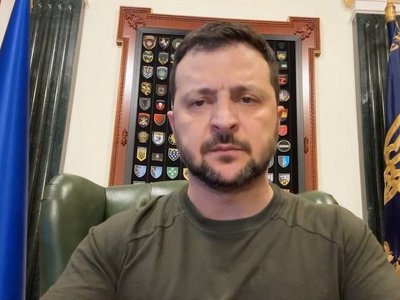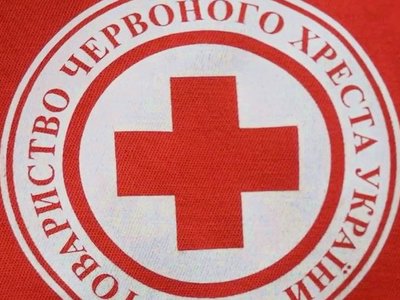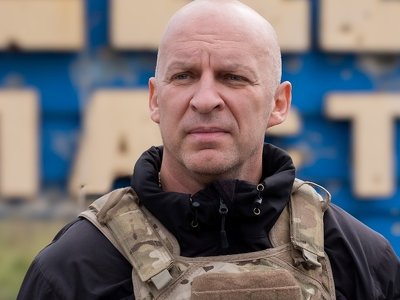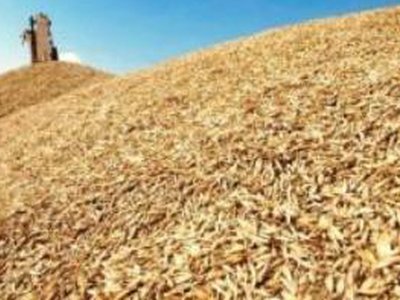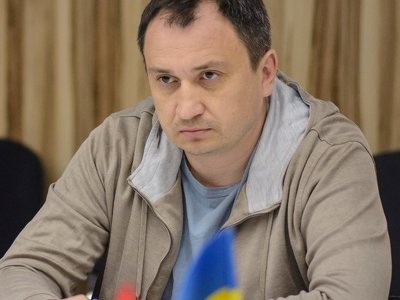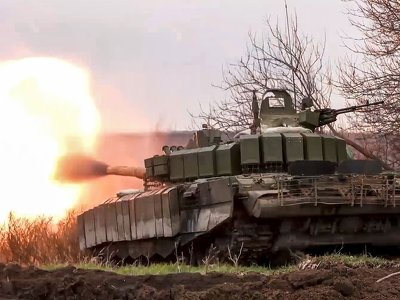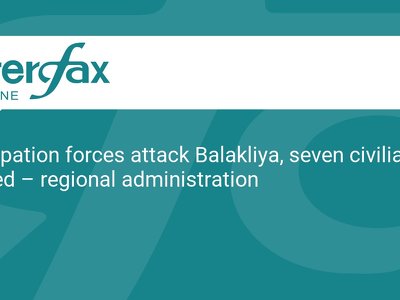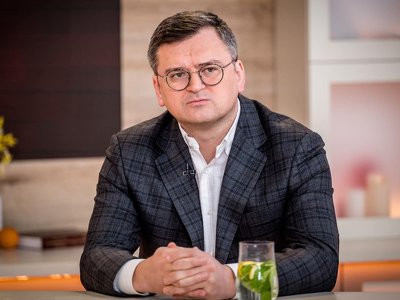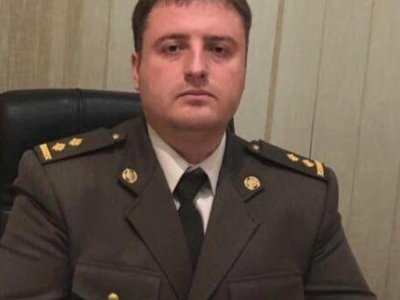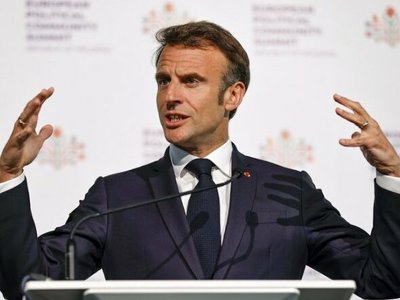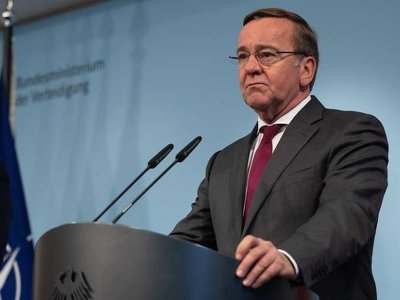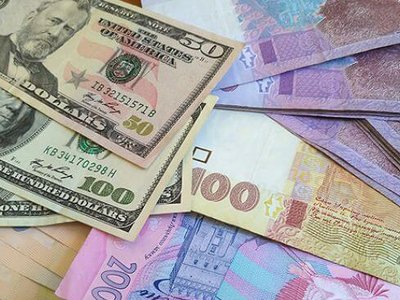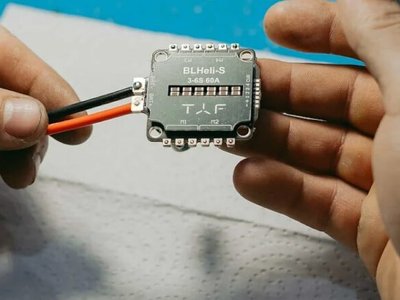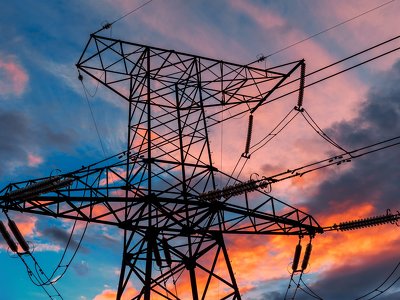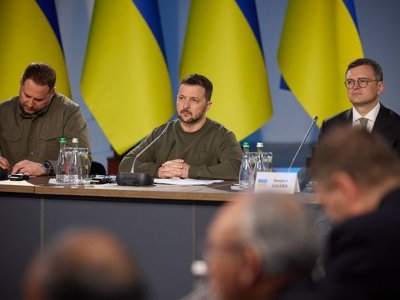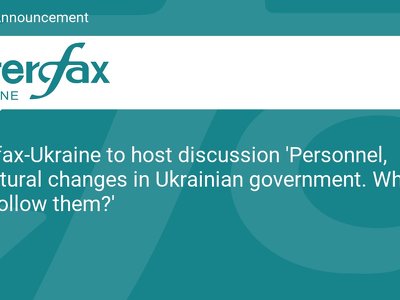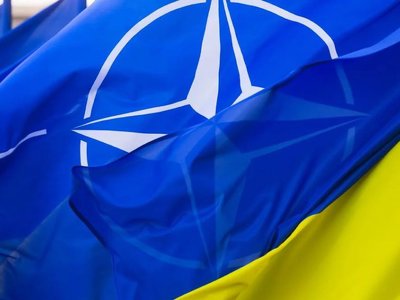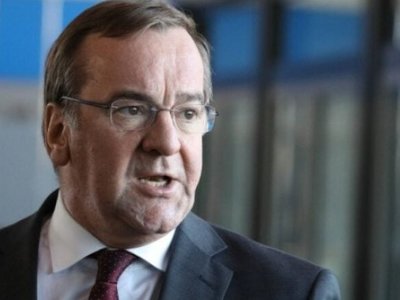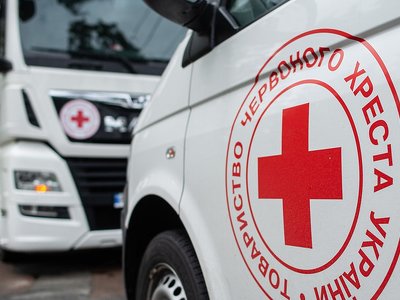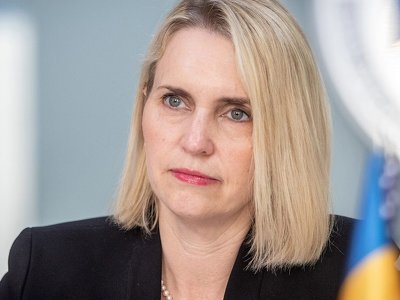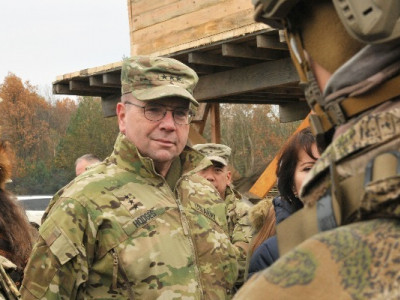What threatens Vučić if he rejects the Serbian students’ ultimatum

Students who have been protesting against the government since the collapse of the railway station canopy in Novi Sad at the end of last year issued an ultimatum to Serbian President Aleksandar Vučić, demanding the announcement of snap parliamentary elections.
The current Serbian president rejected this ultimatum, after which the protesters announced large-scale acts of civil disobedience.
Read more about the new escalation of Serbia’s political crisis and its possible consequences in the article by Western Balkans expert Volodymyr Tsybulnyk and European Pravda's editor Yurii Panchenko: Revolution in Serbia? Why protests against president Vučić have intensified and what’s wrong with them.
Serbian students issued their ultimatum to President Aleksandar Vučić on 28 June, on Vidovdan – one of the most important and sacred holidays in Serbia.
It was on Vidovdan in 2001 that former Yugoslav President Slobodan Milošević was handed over to the Hague International Tribunal for the former Yugoslavia – a very clear message to President Vučić.
"The ultimatum is rejected. There’s no need to wait until 21:00," President Vučić declared on the morning of 28 June on state television.
At the same time, the Serbian authorities began demonstratively bringing armoured vehicles and additional police forces into the capital. Officially, this was for the protection of a rally by the "right kind of students," whose camp has been set up for several months in Pionirski Park, right next to the Serbian parliament.
Various military and veterans’ organisations, the same groups that previously acted as hired thugs, also promised protection for the "right" protesters.
Almost 140,000 people participated in the Belgrade rally on 28 June after Vučić rejected the ultimatum – an extraordinary number for Serbia. Simultaneous rallies took place in other Serbian cities.
At 21:00, when the ultimatum deadline expired, blockades of bridges and highways began across Serbia.
In response, the police and gendarmerie, using special equipment and acting aggressively, began harsh arrests.
News about events in Belgrade spread rapidly throughout the country, sparking new centres of resistance against the police’s brutal actions.
At new rallies, students put forward three main demands: snap elections, dismantling the tent camp in Pionirski Park (where local thugs are based) and the release of arrested students.
These demands were added to the earlier ones made immediately after the Novi Sad station disaster, which killed 16 people: an investigation into the causes of the tragedy, publication of all documentation regarding station repairs, identification and punishment of those responsible, exposure of corruption schemes, and the resignation of the prime minister (who was replaced a few months ago), the mayor of Novi Sad and President Vučić himself.
At the same time, protesters appealed to trade unions to begin strikes.
University professors and lecturers were influenced by the gesture of renowned geneticist Miodrag Grbić, who returned the Order of Karađorđe, which President Vučić had awarded him on the last Serbian Statehood Day.
Another difference from previous protests is that for the first time, demonstrators appealed to MPs, "true representatives of the opposition," calling on them to block the work of the Serbian National Assembly.
However, not all opposition parliamentary factions responded to the call, due to differences in their civilisational choices. While most of the opposition is largely pro-European and supports Serbia’s EU integration, the students’ stance on this issue is less clear-cut.
In Serbia, youth education has for many years been based on anti-Western narratives. At the protests, students echoed the rhetoric of right-wing politicians and advocates of a "Greater Serbia."
Meanwhile, President Aleksandar Vučić hopes to "ride out" the protests. As of 2 July, the number of protesters has significantly declined.
- Last
- Top
- February, 05
-
-
-
-
- April, 28
-
-
-
-
-
-
- April, 27
-
-
-
-
-
-
-
-
-
News by day
11 of July 2025
